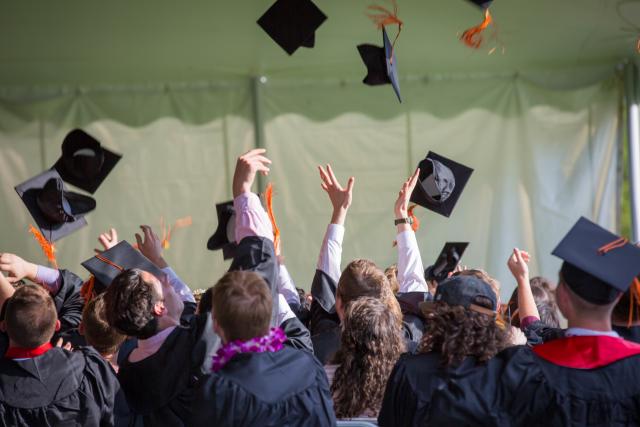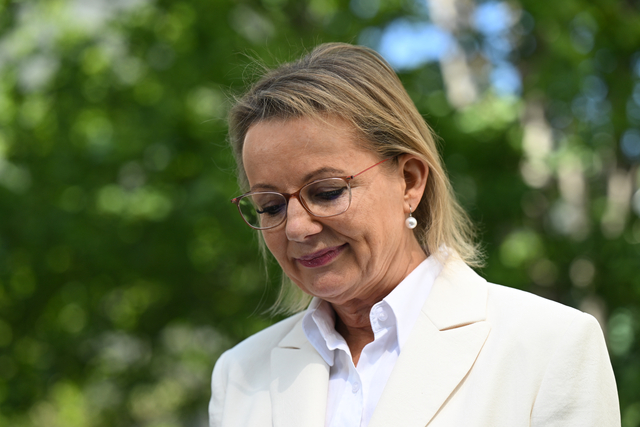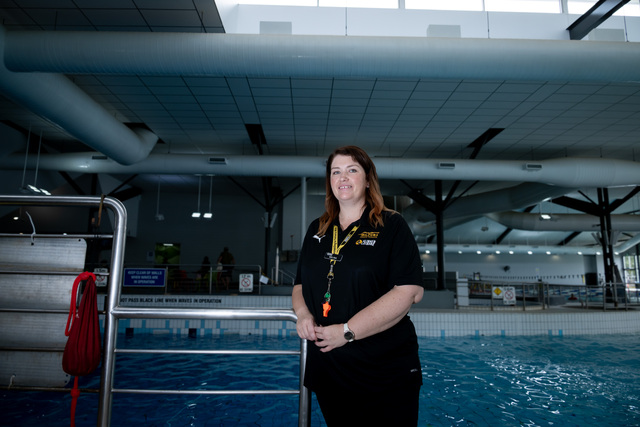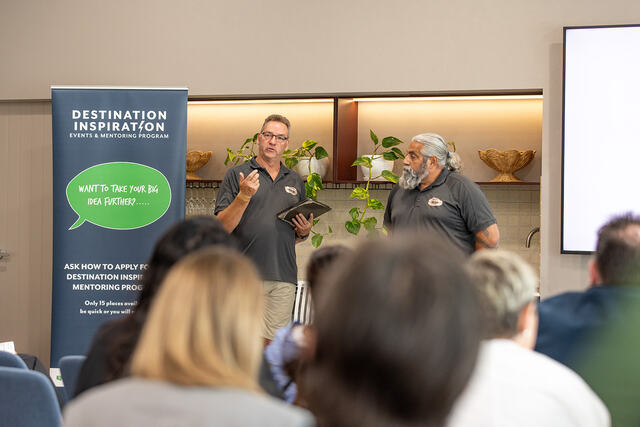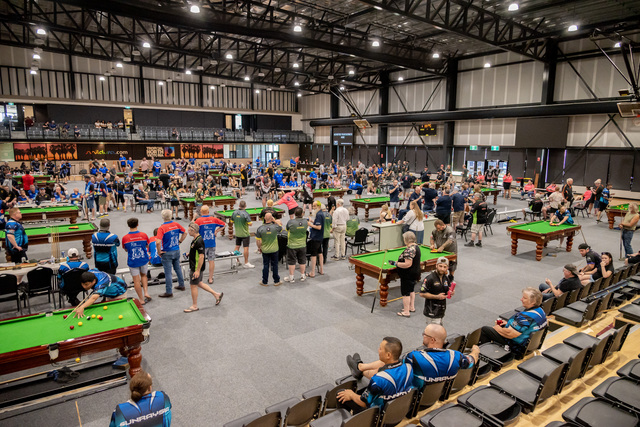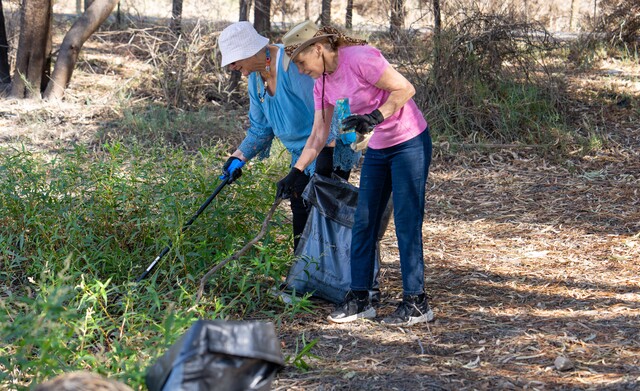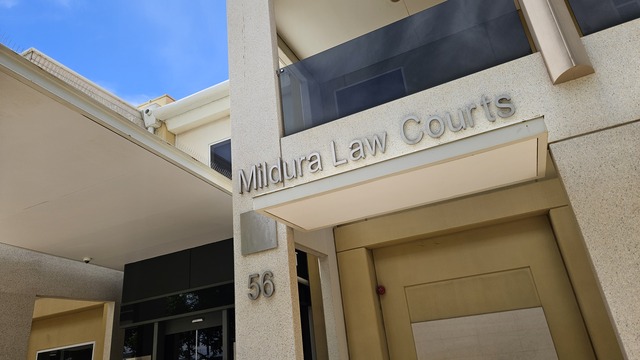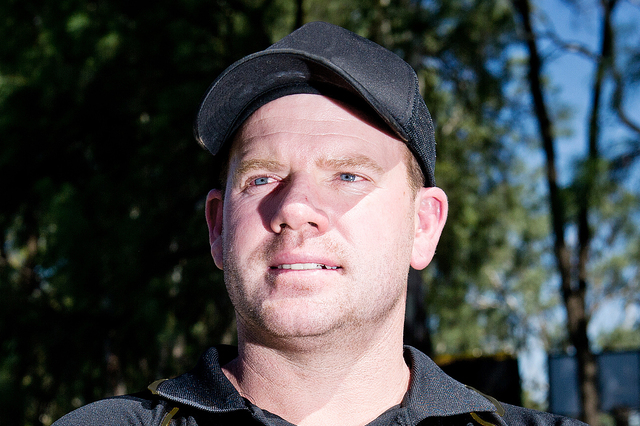YOU don’t have to be a close observer of international education to know that the Australian sector is undergoing a reset – driven, in part, by the Albanese Government’s renewed focus on Southeast Asia.
The Prime Minister’s visit to the recently supported this push to deepen ties with neighbouring nations, not just in diplomacy or trade, but in education and research.
This strategic pivot toward ASEAN nations offers enormous opportunities, and it shows that education continues to be a priority in building regional partnerships and securing Australia’s place in the Indo-
Pacific.
But in the process of expanding into new markets, we can’t afford to undervalue or abandon those which have and continue to define our success – as a university sector and as a nation.
This challenge was front of mind for a delegation of senior university leaders visiting China last week, led by Universities Australia to deepen ties and broaden engagement with one of our oldest partners.
Australia and China have long understood the importance of education, and this has helped bring our countries closer together for over a century. Our relationship through education has gone from strength to strength in that period.
Today, more than 170,000 Chinese students study in Australia – the biggest cohort of foreign students on our shores. Their presence underpins thousands of jobs, drives economies the length and breadth of our country and sustains Australia’s reputation for world-class education.
But beyond the economic dividend lies something even more valuable: a reservoir of trust and familiarity that strengthens our broader national interests.
Our education relationship with China has, is and probably always will be among Australia’s most effective tools of soft power.
Universities have maintained consistent relationships with China over many decades, always conscious of Australia’s interests but finding fruitful paths to collaborate that benefit both nations.
Our researchers partner on shared challenges – from the energy transition to combating global diseases – and graduates, both Australian and Chinese, take on leadership roles in both our countries.
Education has proven to be a stabilising channel even when diplomatic relations have been strained.
Maintaining those connections is so important in an increasingly fragmented world.
Our visit to China last week recognised this, signalling the start of an exciting new education chapter for our countries as we build on our century-old relationship through education and research.
This is not about fighting the government’s diversification efforts. It’s about complementing them.
The push into Southeast Asia is strategically sound. Countries such as Indonesia, Malaysia, Vietnam and the Philippines are growing rapidly, with expanding middle classes and strong demand for quality
education.
Australia’s universities are already responding. They are developing transnational partnerships, dual-degree programs and offshore campuses. Just last week, Monash University announced a one-billion-dollar new campus in Kuala Lumpur. This is excellent news.
Initiatives such as this strengthen regional ties, open new student pathways and contribute to Australia’s economic and diplomatic footprint in our region.
But any effort to diversify should be additive, not subtractive.
Reducing our exposure to key markets without equivalent growth elsewhere would hurt our sector financially and weaken Australia economically and diplomatically.
The Chinese education market remains one of the world’s largest and most sophisticated. A stable, mature relationship there can co-exist with new partnerships elsewhere.
As we go about resetting Australia’s international education sector, we need to maintain our established strengths while cultivating new ones.
By deepening ties across ASEAN and sustaining our engagement with China, Australia can position itself as an education and innovation hub at the centre of the Indo-Pacific.
Education has long been Australia’s quiet superpower — a means of influence, prosperity and regional stability.
As global competition intensifies, it remains one of the smartest investments we can make in our future.
That’s why we should approach it with a broad lens, not a narrow one.
Luke Sheehy
Chief executive officer
Universities Australia

